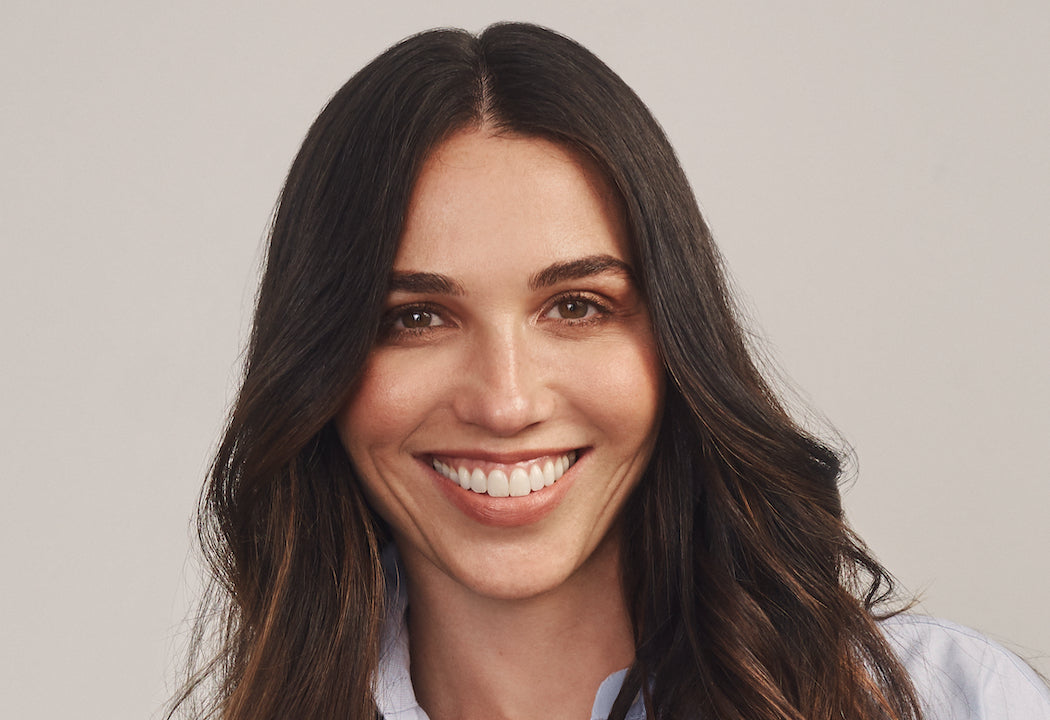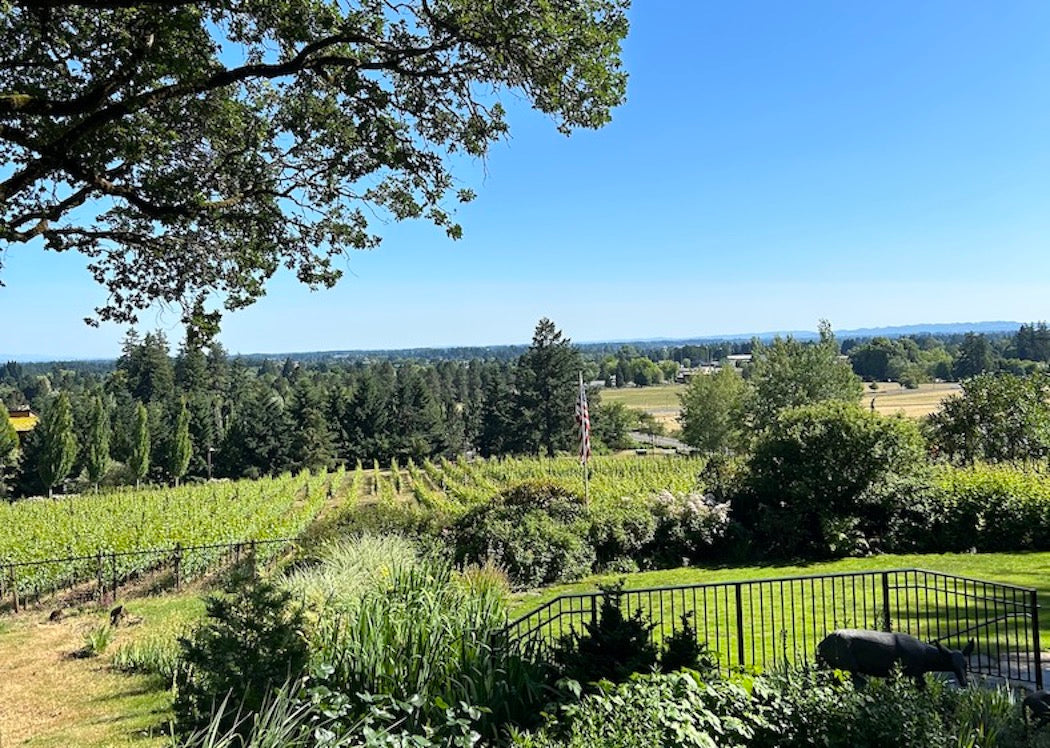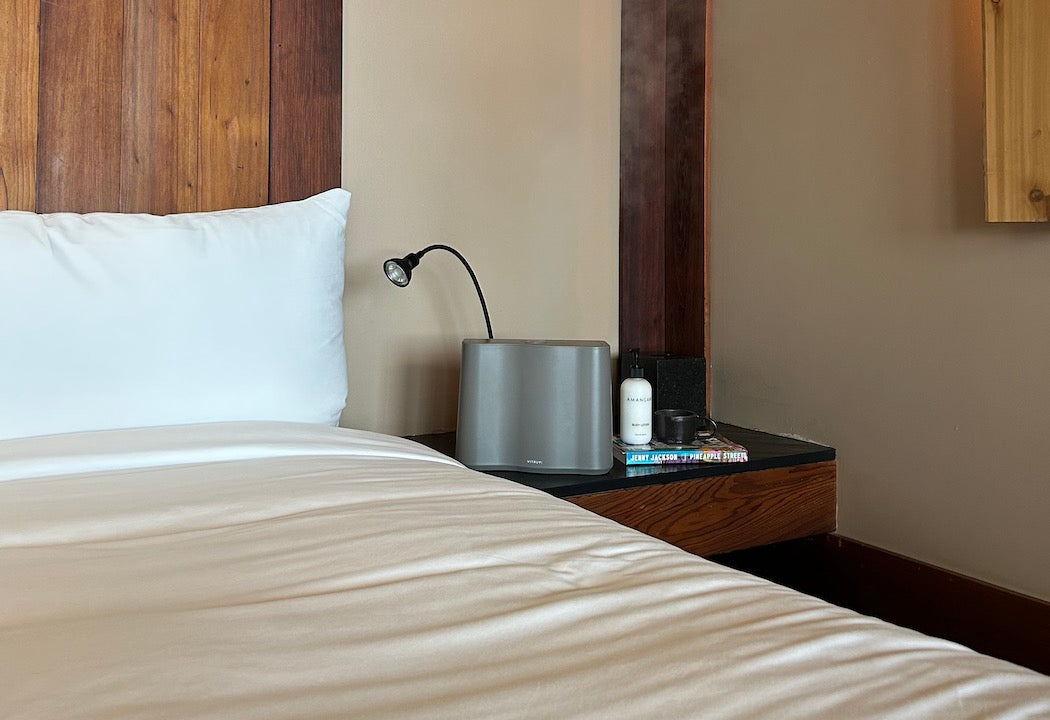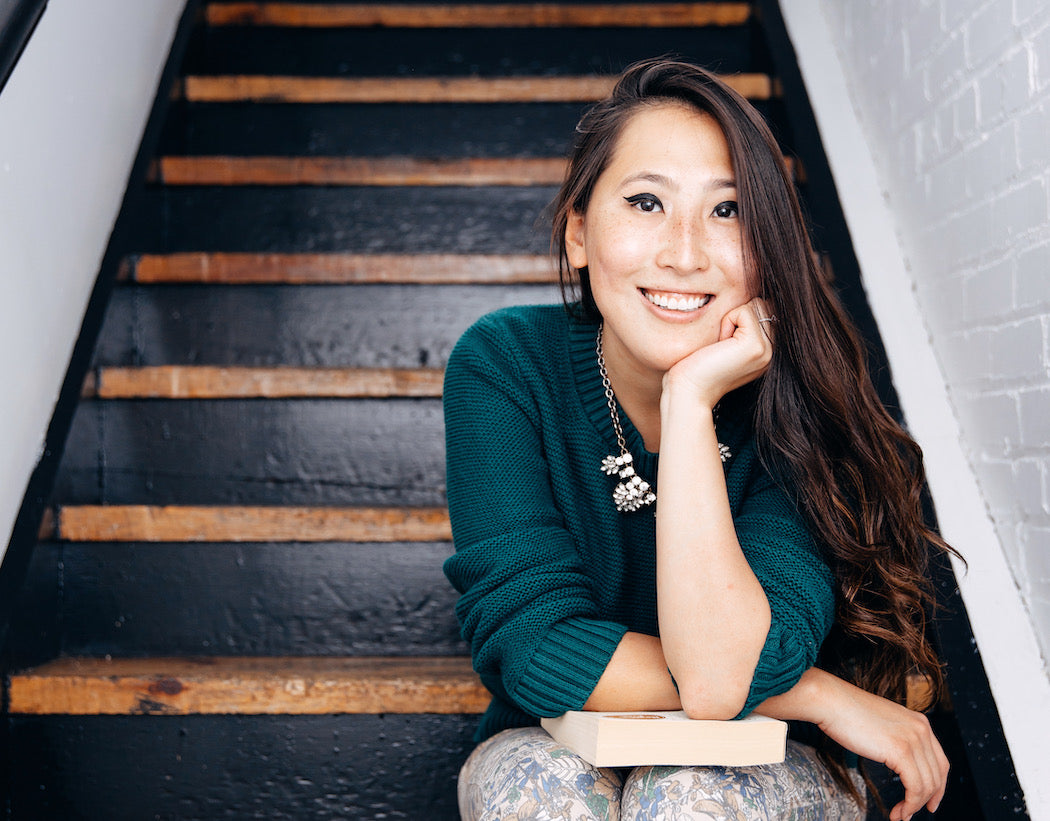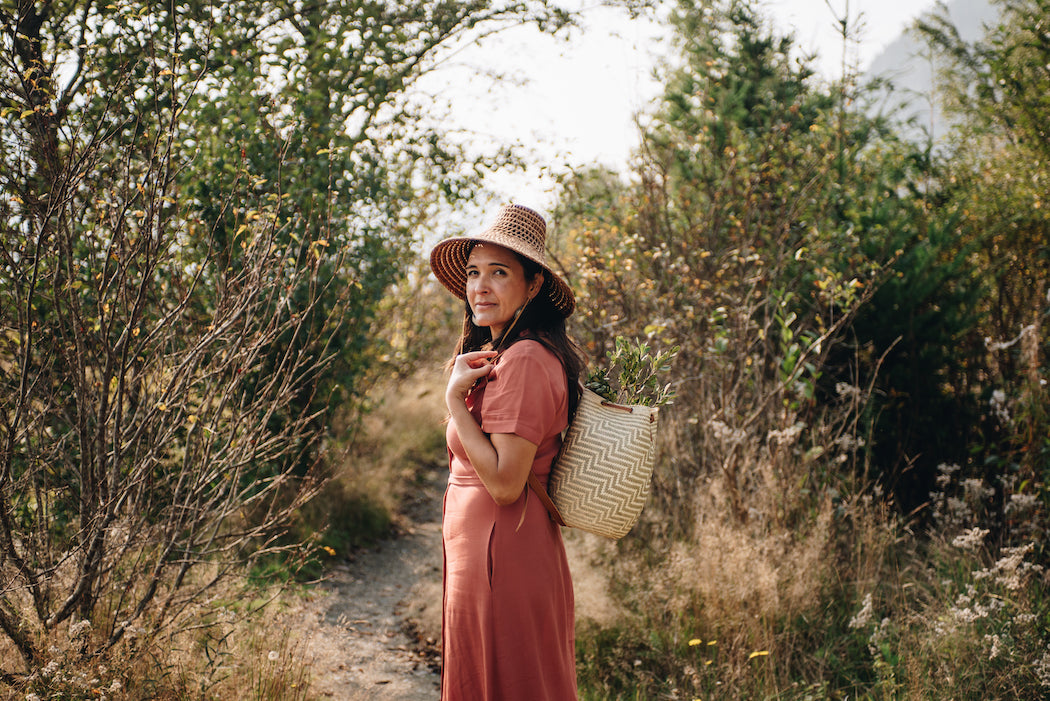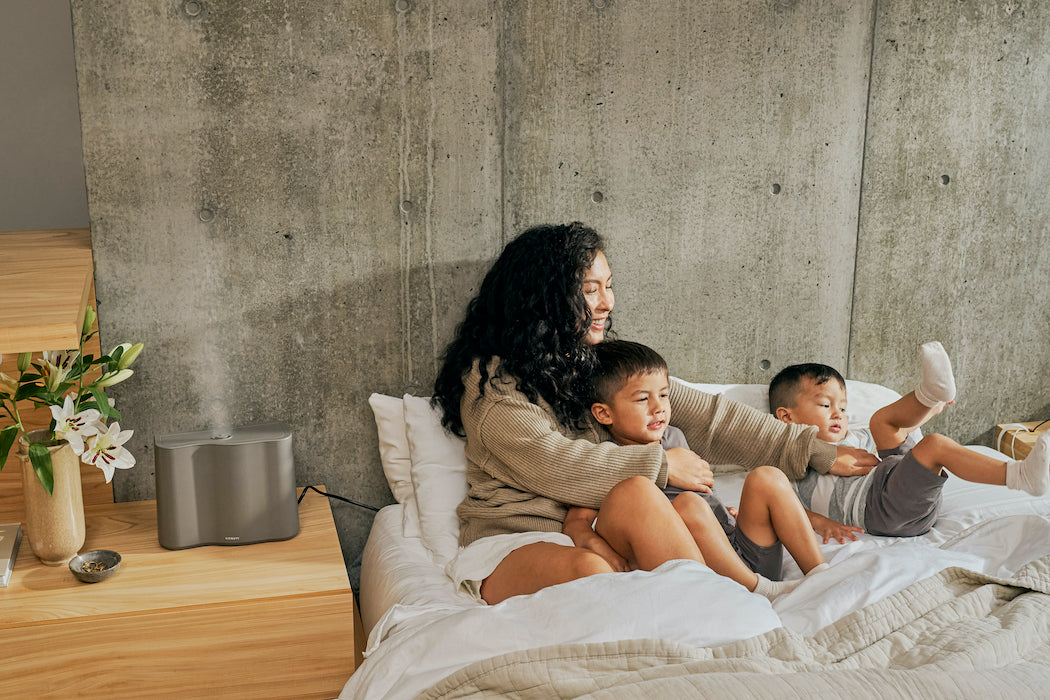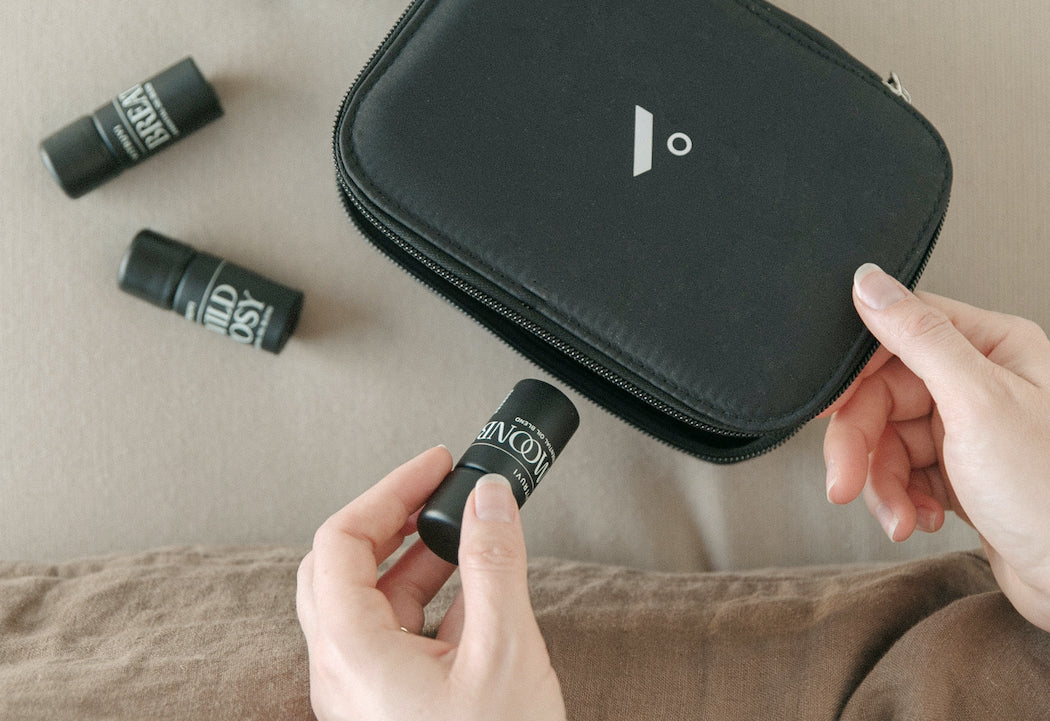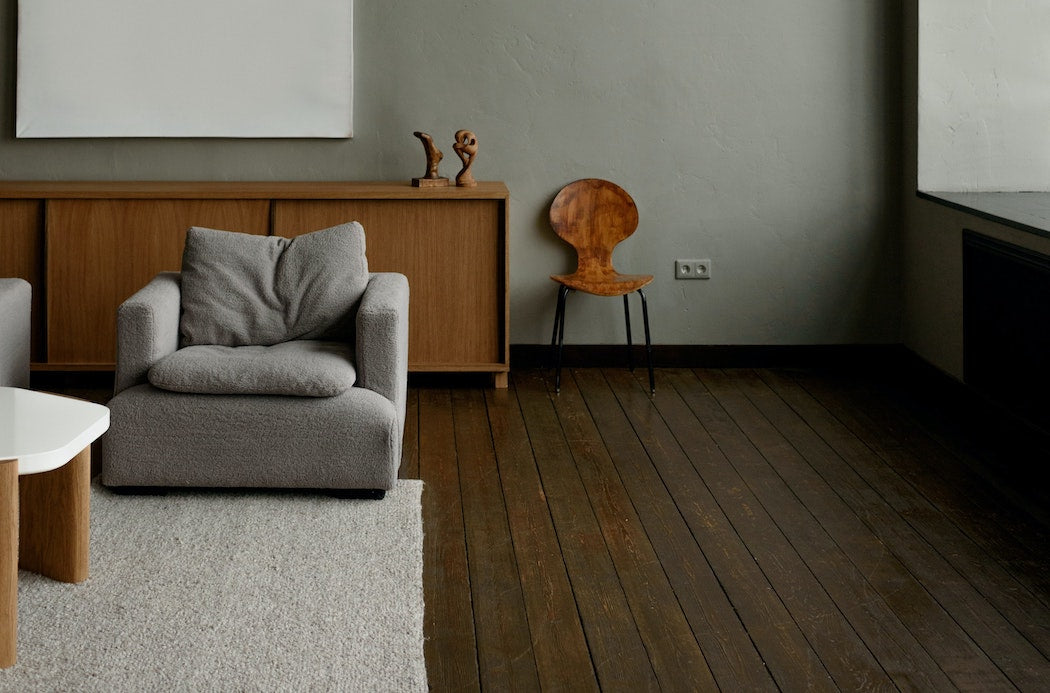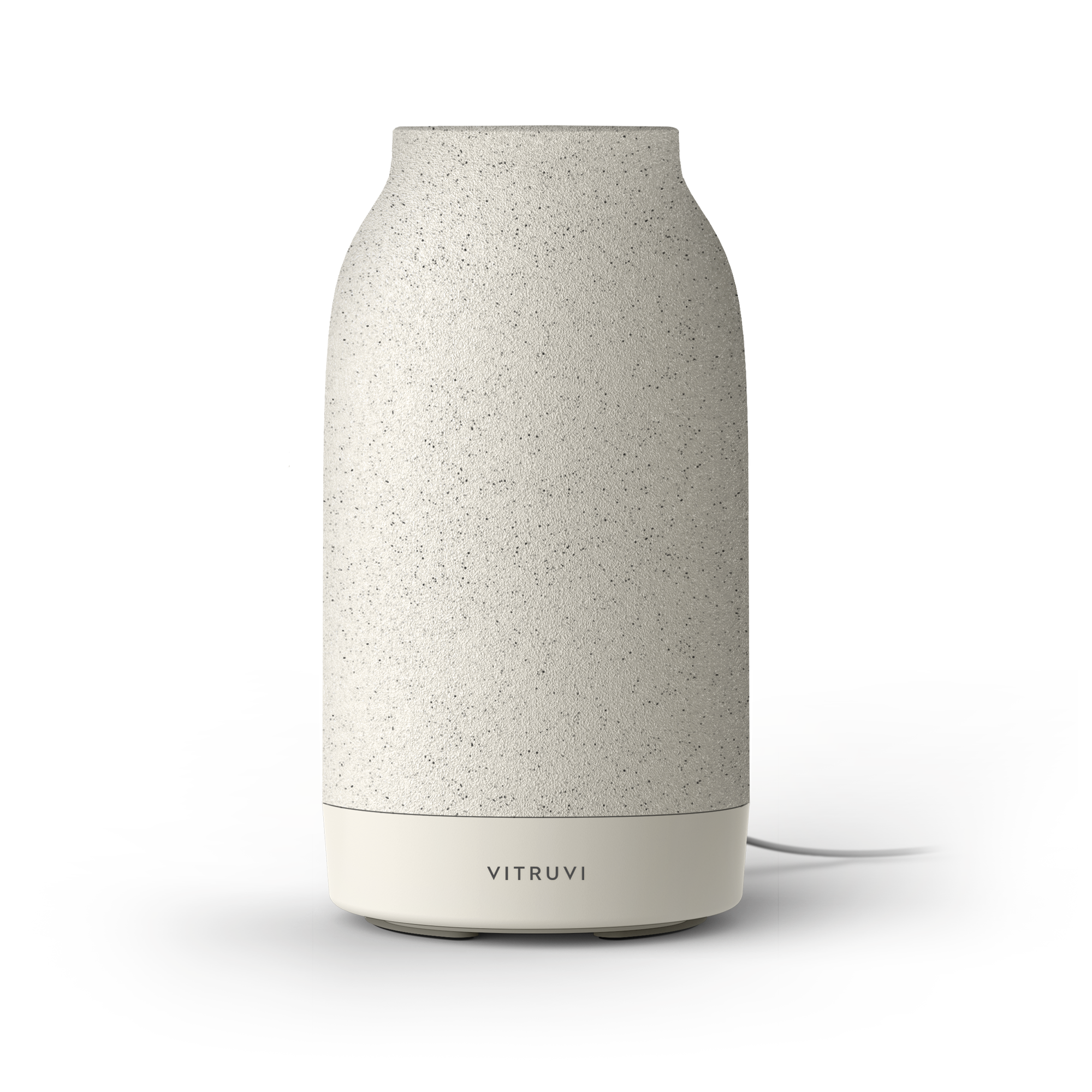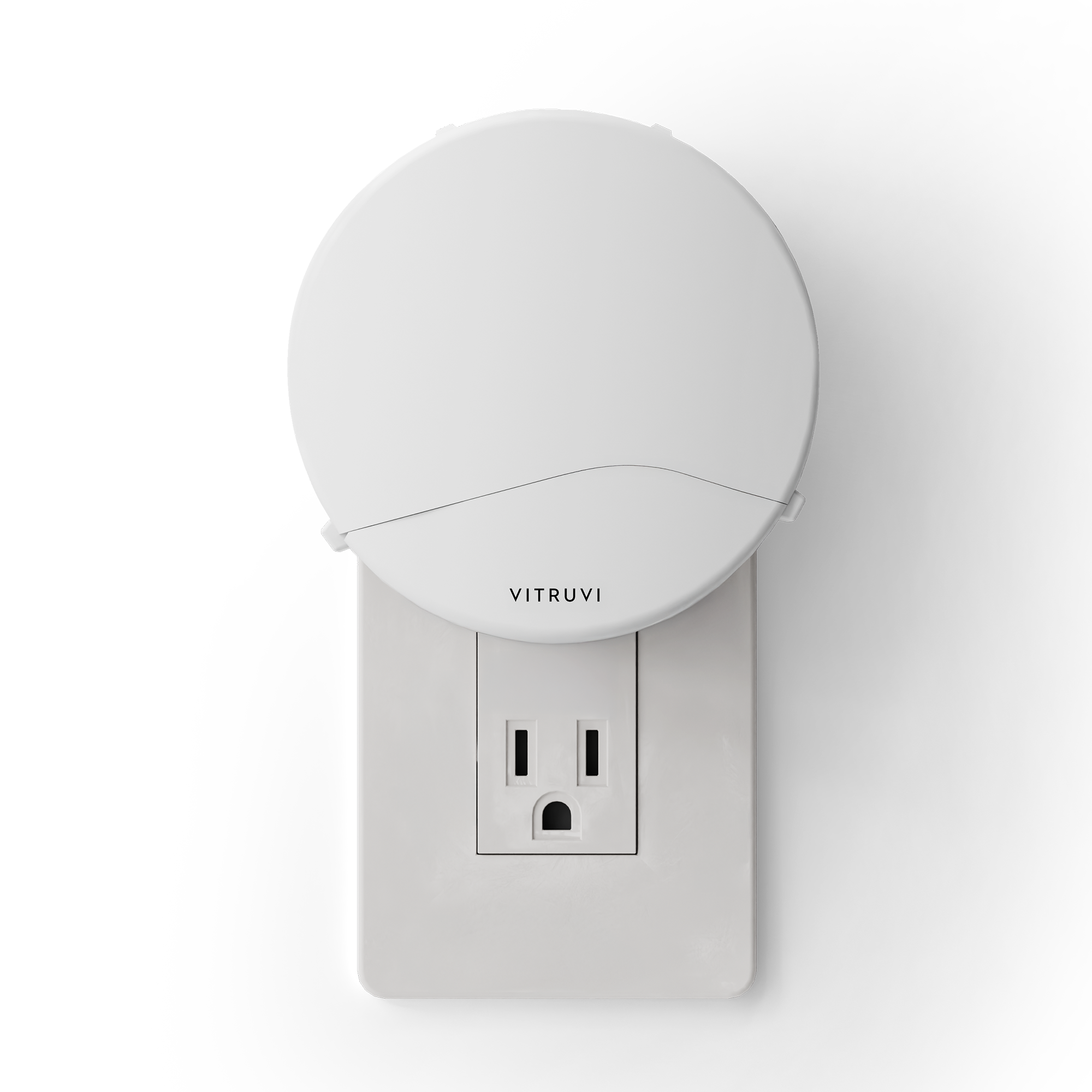“For me, beauty is feeling good,” Laney Crowell says. “Inside, outside, all of it.”
She’s sitting in the sun, surrounded by greenery, while her daughter participates in a swim lesson nearby. Such is the life of the mother of two, who is also the founder and CEO of clean beauty brand Saie: juggling marketing campaigns and summer camps, media interviews and knee scrapes. But she takes it all in stride.
Crowell founded Saie after running a clean beauty blog and realizing there was space for a brand that combined unparalleled ingredient standards with performance-driven results. Over Zoom from New York, she reflects on Saie’s beginnings, hurdles, company culture, and more.
Once you noticed there was a hole in the beauty market for quality clean makeup, how did you decide to make the leap to fill it yourself?
It was really a conversation that we had with our community. It was actually a very visual moment where I saw the opportunity for super clean high-performance makeup; I went on Instagram and I started asking my community questions—and they were the ones that really helped shape the pillars that we still go back to every day. It’s where the name of our brand comes from: you say it, we create it. It was our community that was just so passionate and excited; they were the impetus for it all.
What would you say had been the biggest learning so far for you as an entrepreneur?
Oh my gosh, I am learning every day. I think my biggest learning was how challenging fundraising is. People talk a lot about fundraising; it’s in the news a lot. There are stories of people having two meetings and getting fundraising. But women make up only two percent of where VC dollars go. Fundraising is emotional. It’s time consuming. It’s really, really hard. And so, I think that was probably my biggest learning was how challenging it is. And that it’s not always fair.
Can you talk about your product formulation process and how you go about deciding which products you want to create next?
Going back to our community, we have conversations with them all the time about what they want to see. We show them our products before we show anyone else. We have a private Facebook community that has over 2,000 people in it, and they are the ones that give us all of our hot tips in terms of what they want to see, what they want formulations to look at, what product they’re missing, and what they want us to launch. We formulate our products with really clean ingredients, so it takes a long time to formulate—we don’t include any silicones, petrochemicals, or plastics, which are what a lot of beauty makeup products are based off of. So it takes us probably two years on average to formulate a product. And we have a lot of products that never get launched because we aren’t able to get there with how strict our ingredient restrictions are.

What are some of your favorite Saie products right now?
Definitely our Glowy Super Gel; I can’t get ready without it. And because it’s summertime, I’m wearing a lot of Sunvisor; my favorite combo is Sunvisor with our Hydrabeam concealer. And then I wear mascara every single day—that’s my desert island item. So I have to say Mascara 101.
As a founder of a brand leading a company and a team, what does good leadership look like for you?
It’s such a nice question; I’m so happy you asked that. It’s something I am really passionate about—company culture is something that I take really seriously and that we put a lot of effort into. I’ve worked at places where I didn’t look forward to going into work, and I think just like with makeup where it shouldn’t be revolutionary for us to say your makeup should be good for you, I think it’s similar in the sense that I’m like, “Let’s look forward to going to work.” I don’t think that should be crazy either. So for me, it’s people looking forward to going to work. It’s being really supportive and understanding. And I think that’s really difficult when you have a startup. But I’m conscious of the speed at which we hire; we have a lengthy interview process. We oftentimes date before we get married: someone will consult or work part time or on a project basis just to make sure that they fit in with the group. It’s a two-way street. And as the company grows, it becomes more and more of a focus of my time that the company culture is happy and healthy and feels good.
This question feels well timed because you’re currently watching your daughter’s swim lesson while doing this interview—so what does work-life integration look like for you? How do you manage that?
I feel so lucky that I get to work from home. I feel so lucky that I get to be with my kids and hear them and check in with them—even if it’s for five minutes in between meetings. I’m in it right now; I have an almost-five-year-old and a two-year-old, and a company that’s three years old. So I don’t do as many social things as I probably used to. I do try to move for an hour every day, but sometimes that doesn’t happen. There are always choices that have to be made, but I feel so lucky that I get to be around them and see them as much as I do.
The balancing thing—I do think about that a lot with other moms and people who aren’t yet moms. People will be like, “How do you do it all?” And it’s like, well, you don’t. And I think it’s really important that moms are vocal about that. I saw this speech by Shonda Rhimes that I think about all the time because she said, “When you see me succeeding in one part of my life, that means I’m failing in another.” That’s something as a mom that you’re always just existing with.
How do you combat those feelings of failing at something or never doing enough? How do you deal with that self-talk?
I think it is what it is. For me, it was my choice; this was a deal I made. You can’t really sit around and complain when you made that deal, in a way. So for me, I think it’s the mental strength of being like, “This is what it is. I’m not going to beat myself up over it. I’m going to accept it and just do my very best.”
This interview has been edited and condensed for clarity.

